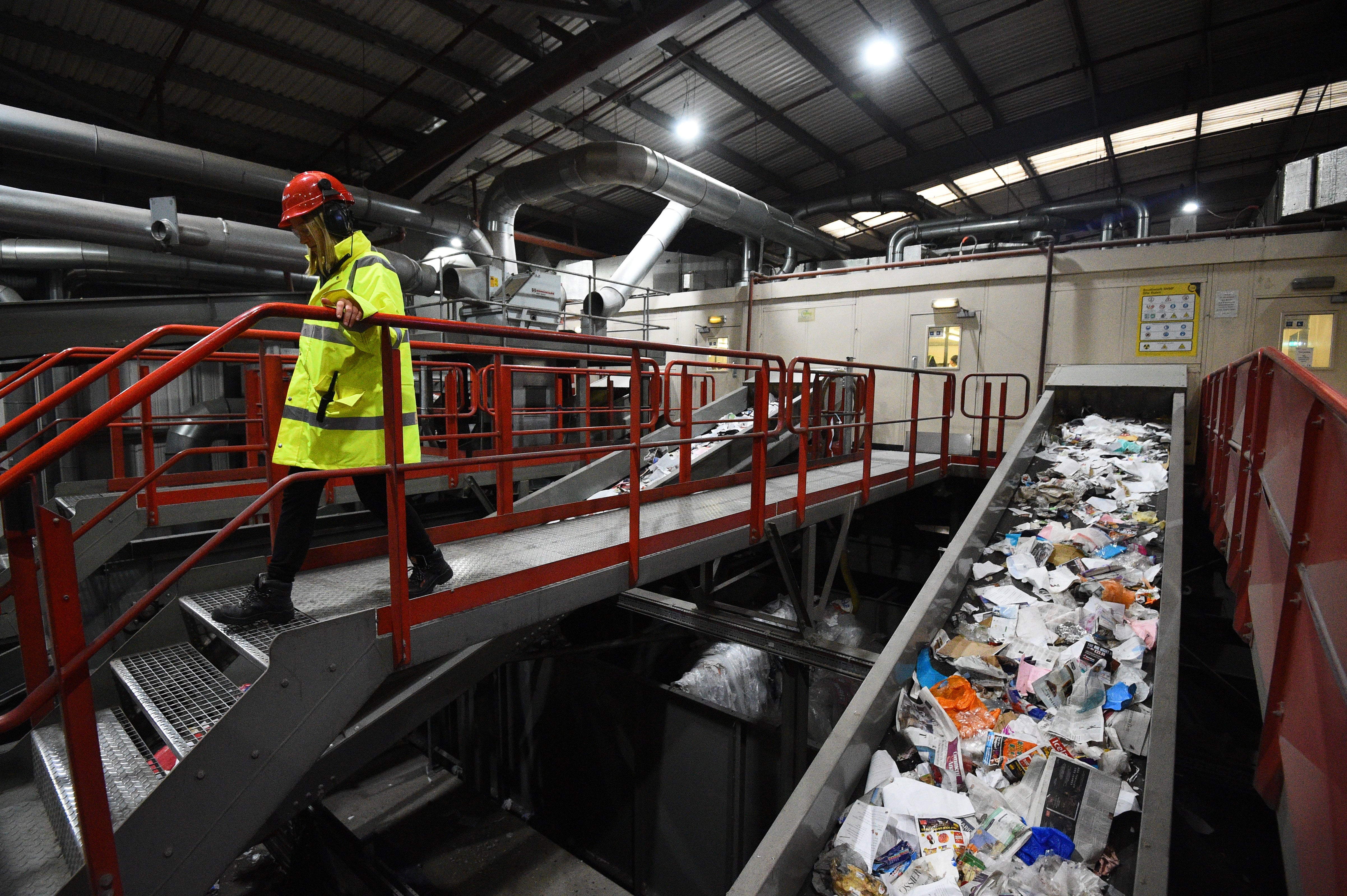Waste merger could push up council tax bills, competition watchdog warns
The tie-up between French firms Veolia and Suez could end up harming UK councils and taxpayers, officials say

Your support helps us to tell the story
From reproductive rights to climate change to Big Tech, The Independent is on the ground when the story is developing. Whether it's investigating the financials of Elon Musk's pro-Trump PAC or producing our latest documentary, 'The A Word', which shines a light on the American women fighting for reproductive rights, we know how important it is to parse out the facts from the messaging.
At such a critical moment in US history, we need reporters on the ground. Your donation allows us to keep sending journalists to speak to both sides of the story.
The Independent is trusted by Americans across the entire political spectrum. And unlike many other quality news outlets, we choose not to lock Americans out of our reporting and analysis with paywalls. We believe quality journalism should be available to everyone, paid for by those who can afford it.
Your support makes all the difference.Council tax bills might go up if the proposed tie-up between two of the biggest waste and water companies in the UK is allowed to go ahead, officials have said.
The Competition and Markets Authority said it was worried that if the two companies were not competing, councils and businesses could face higher bills.
It puts a potentially very big hurdle in place for France’s Veolia, which won out after a tough takeover battle with its compatriot and long-term rival Suez.
The two companies agreed to merge a year ago in a nearly 13 billion euro (£11bn) deal.
But they are so dominant in the UK that the competition watchdog might step in to block the deal.
“We all use waste and recycling services in some way, so it’s vital that these markets are competitive and provide good value for money,” said Stuart McIntosh, chairman of the CMA group that looked into the deal.
“This is all the more important at a time when local authority budgets are already stretched and waste management services have to evolve to help achieve Net Zero targets.”
The CMA had a look at eight different markets where the companies compete, and it found concerns over the merger in all but one of them.
This could make the councils pay more or get lower quality services, which will have knock-on impacts on taxpayers and businesses all over the UK.
“We’ve heard from a number of customers, including local authorities, who are concerned that this merger could reduce competition in markets where choice is already limited, leading to higher prices or poorer services,” Mr McIntosh said.
“We share those concerns and want to make sure that commercial customers and councils don’t get a worse deal – leaving taxpayers to foot the bill at a time when household budgets are already under huge pressure.”
The CMA found concerns in waste collection, waste sorting, incineration plants, and wastewater treatment, among others.
The companies have until June 9 to respond to the provisional findings, and a final report from the CMA will come in July.
Veolia has been contacted for comment.